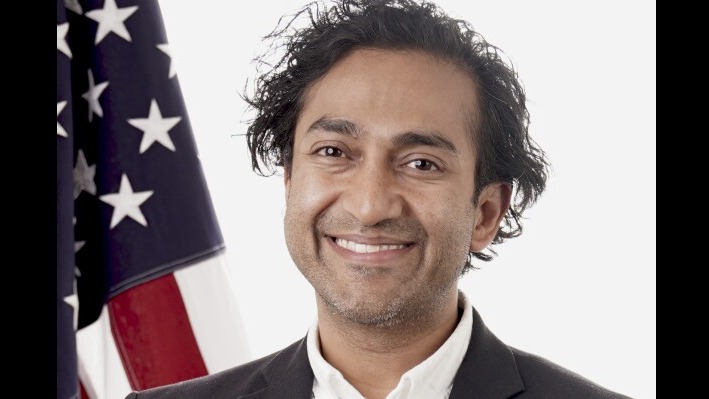
Addressing Racial Disparities in Dementia Care
The upcoming Cultivating Meaningful Moments Dementia Conference in Washington, D.C., is poised to tackle critical issues surrounding dementia care for marginalized communities. Scheduled for August 27 at Capital Turnaround, from noon to 5 p.m., this event represents a vital opportunity to bring awareness to the racial inequities that exist within dementia care services.
Empowering the Community Through Education
This free public gathering, organized by The Residences at Thomas Circle and several esteemed partners, aims to unite caregivers, healthcare professionals, and community advocates. Keynote speaker Dr. Sonja C. Richmond, a leader in health equity, will share her expertise, emphasizing the importance of culturally competent care. “Her voice is exactly what our communities need as we strive to dismantle stigma,” stated Donna R. Gayles, Community Relations Director at The Residences at Thomas Circle.
Highlighting Urgent Statistics
According to research by UsAgainstAlzheimer’s, the impact of dementia is alarmingly disproportionate, with Black Americans being twice as likely and Latino individuals 1.5 times more likely to develop Alzheimer’s or related dementias than their white counterparts. By 2030, projections indicate that nearly 40% of all individuals in the U.S. living with Alzheimer’s will belong to these communities. With 80% of surveyed Black patients facing barriers to dementia care, these statistics highlight a pressing need for open discussions on this topic.
A Celebratory and Inclusive Experience
The conference will also feature a screening of the documentary “Remember Me: Dementia in the African American Community,” followed by a discussion with its creator. This event not only aims to shed light on serious issues but also seeks to empower and celebrate the communities impacted by dementia.
Join the Movement
For those interested in participating, please note that space is limited and registration is required. Attendees can reserve their spot by August 20 by calling 202-628-3844. This conference is not just for those who have been affected directly by dementia; it serves as a vital space for all to gather, learn, and contribute to making equitable dementia care a reality.
 Add Row
Add Row 

 Add
Add 


Write A Comment